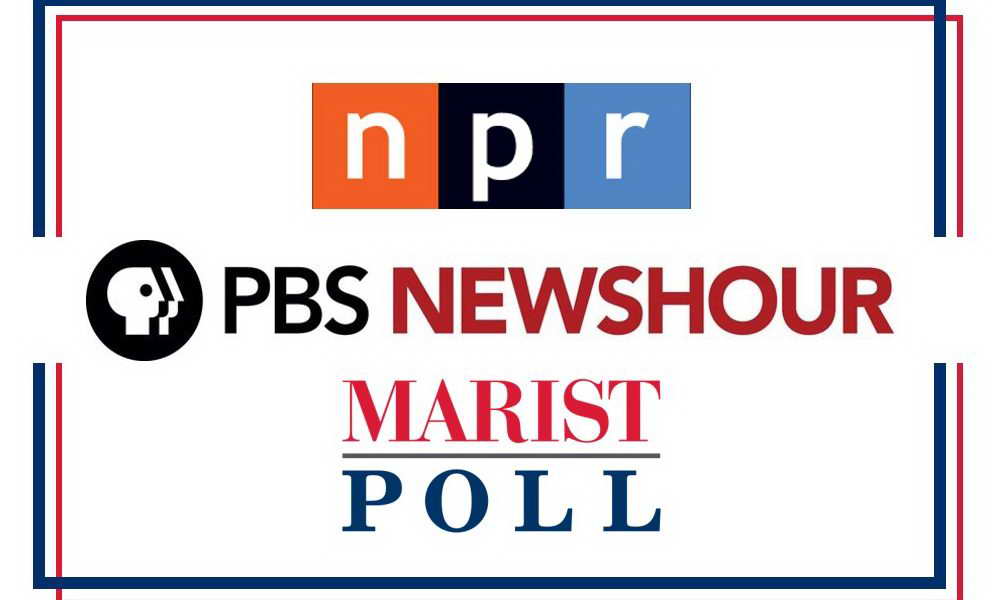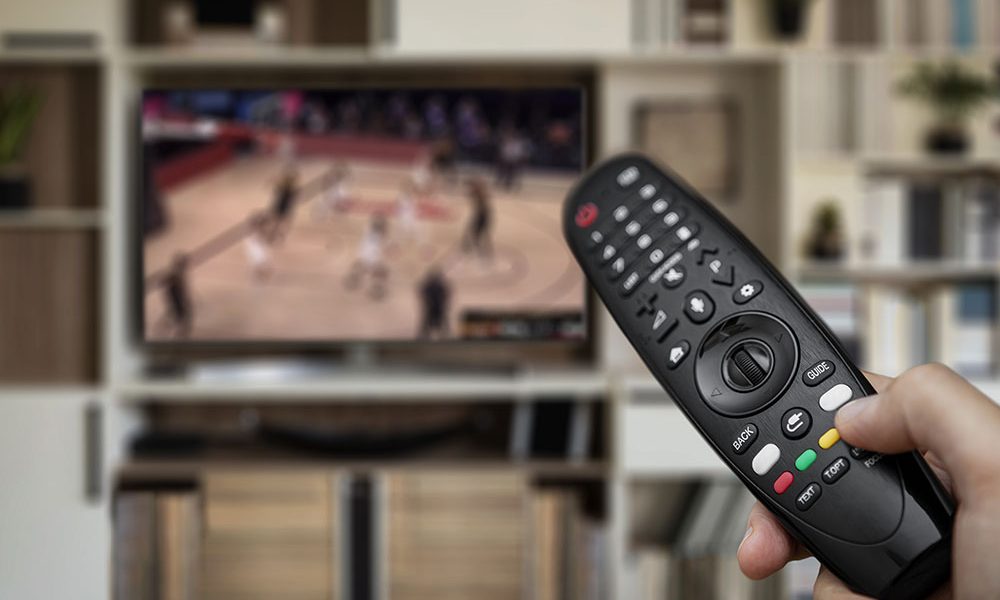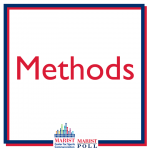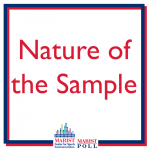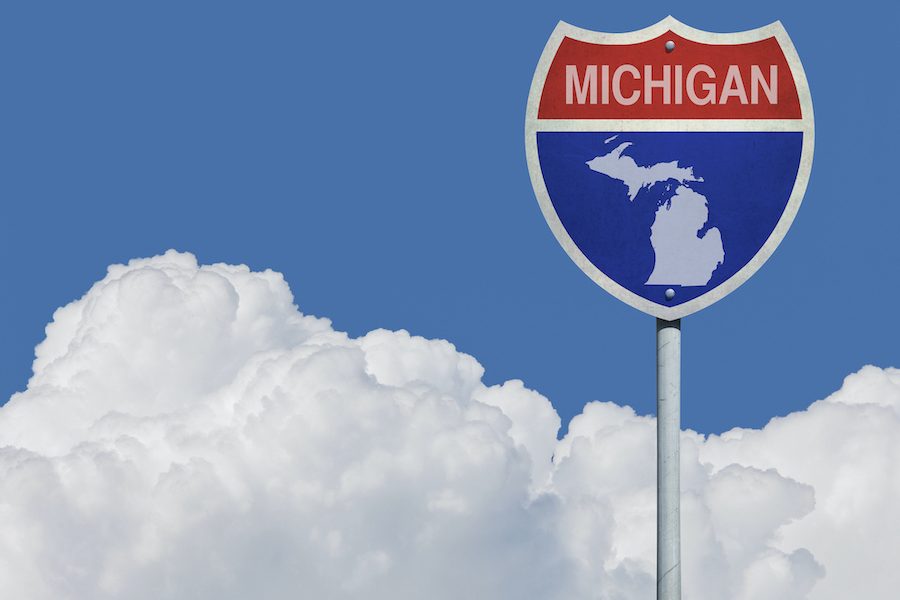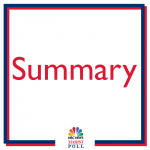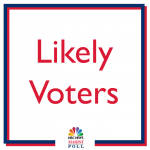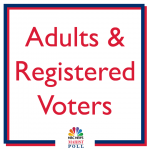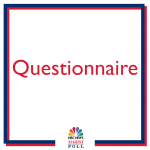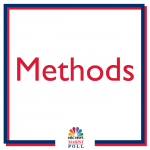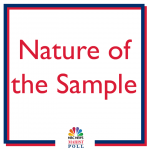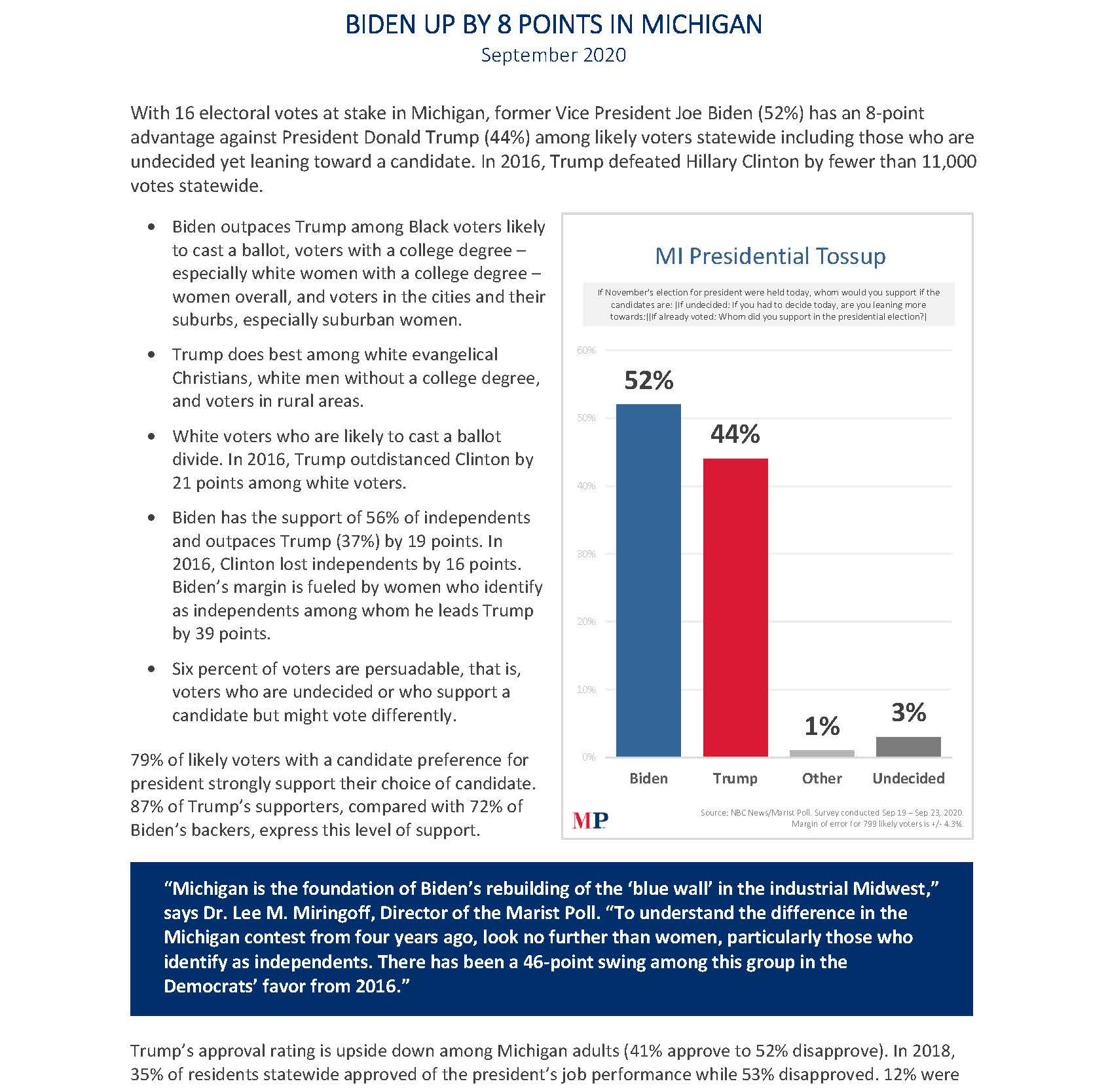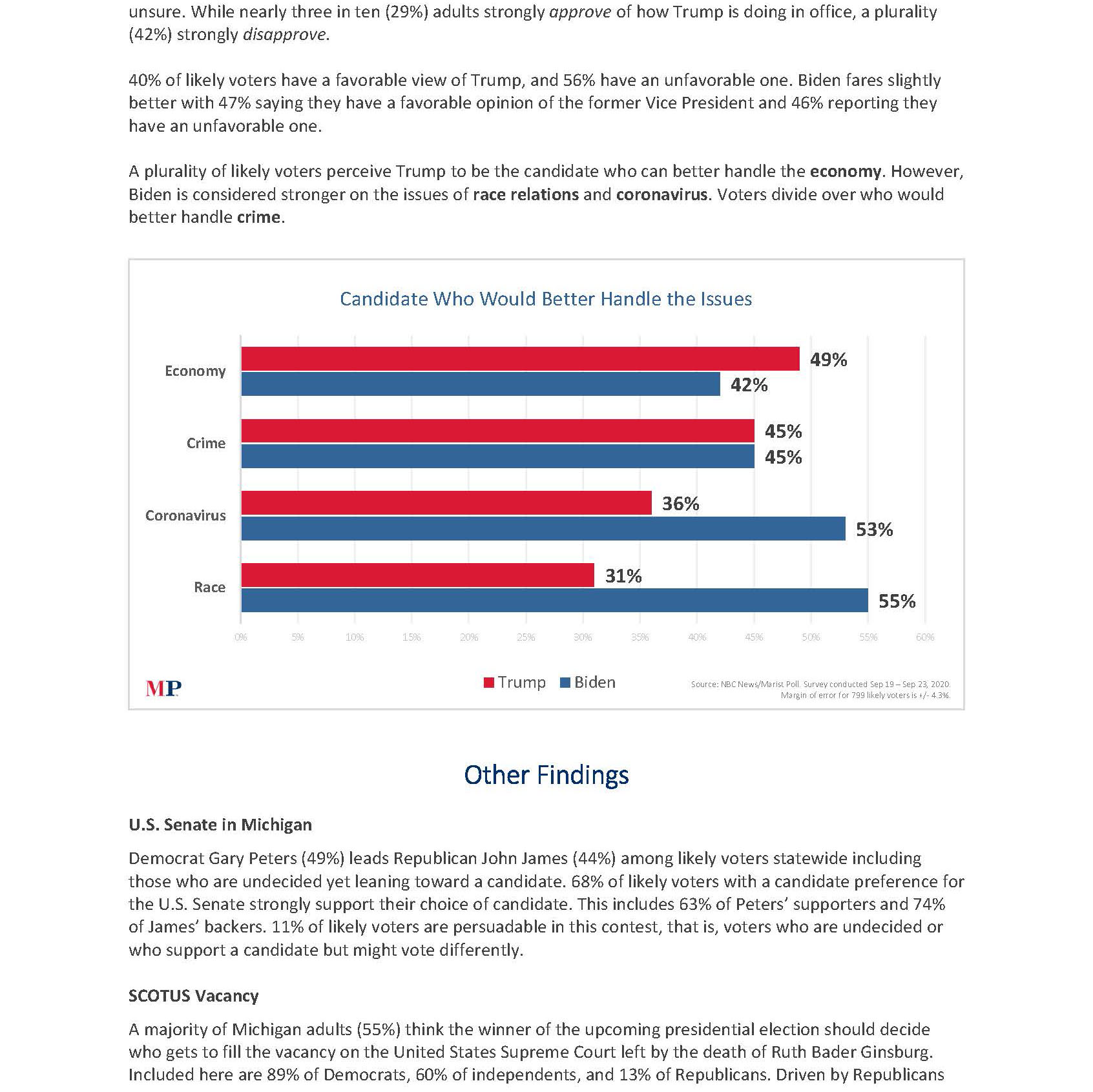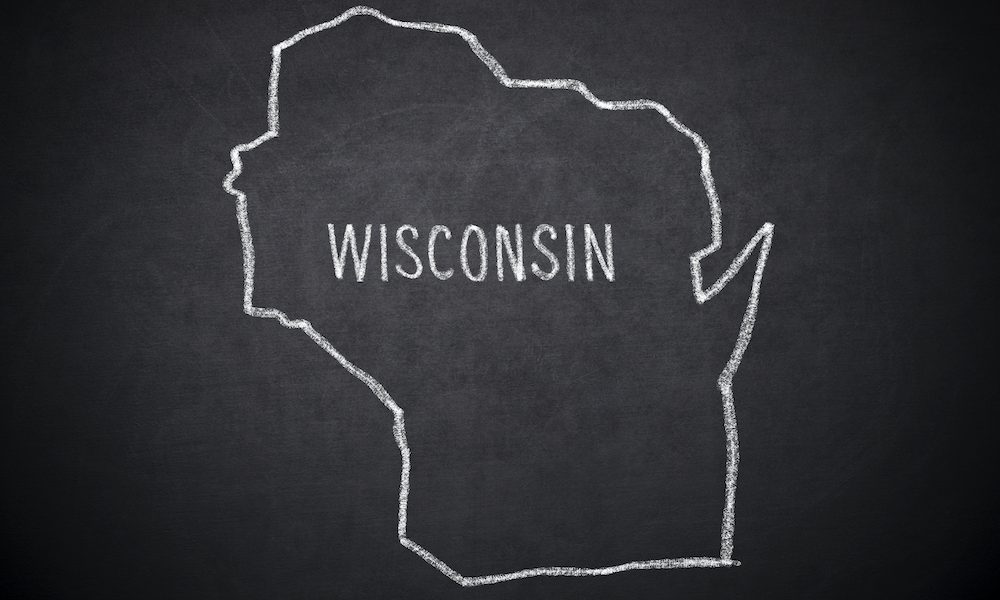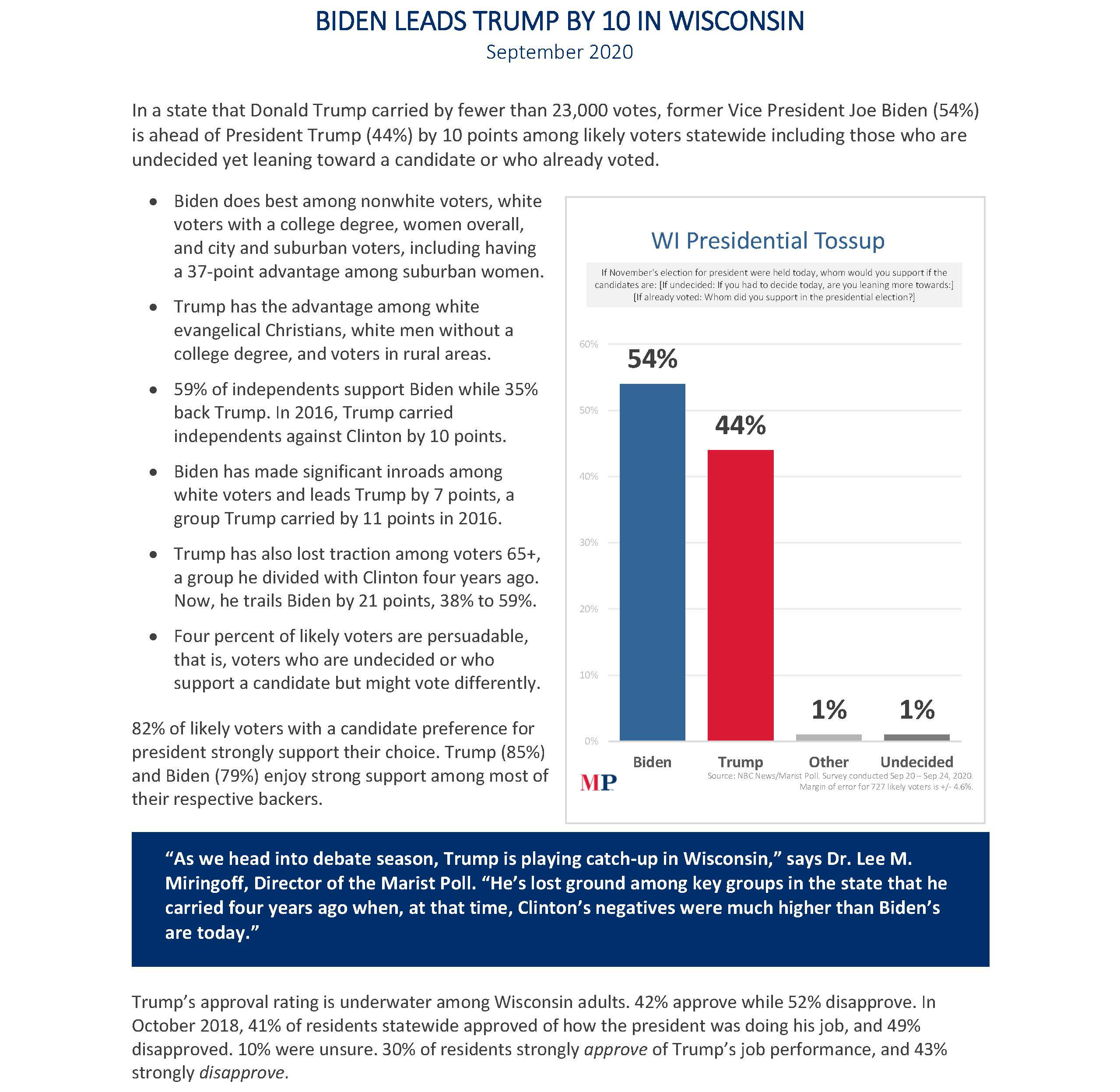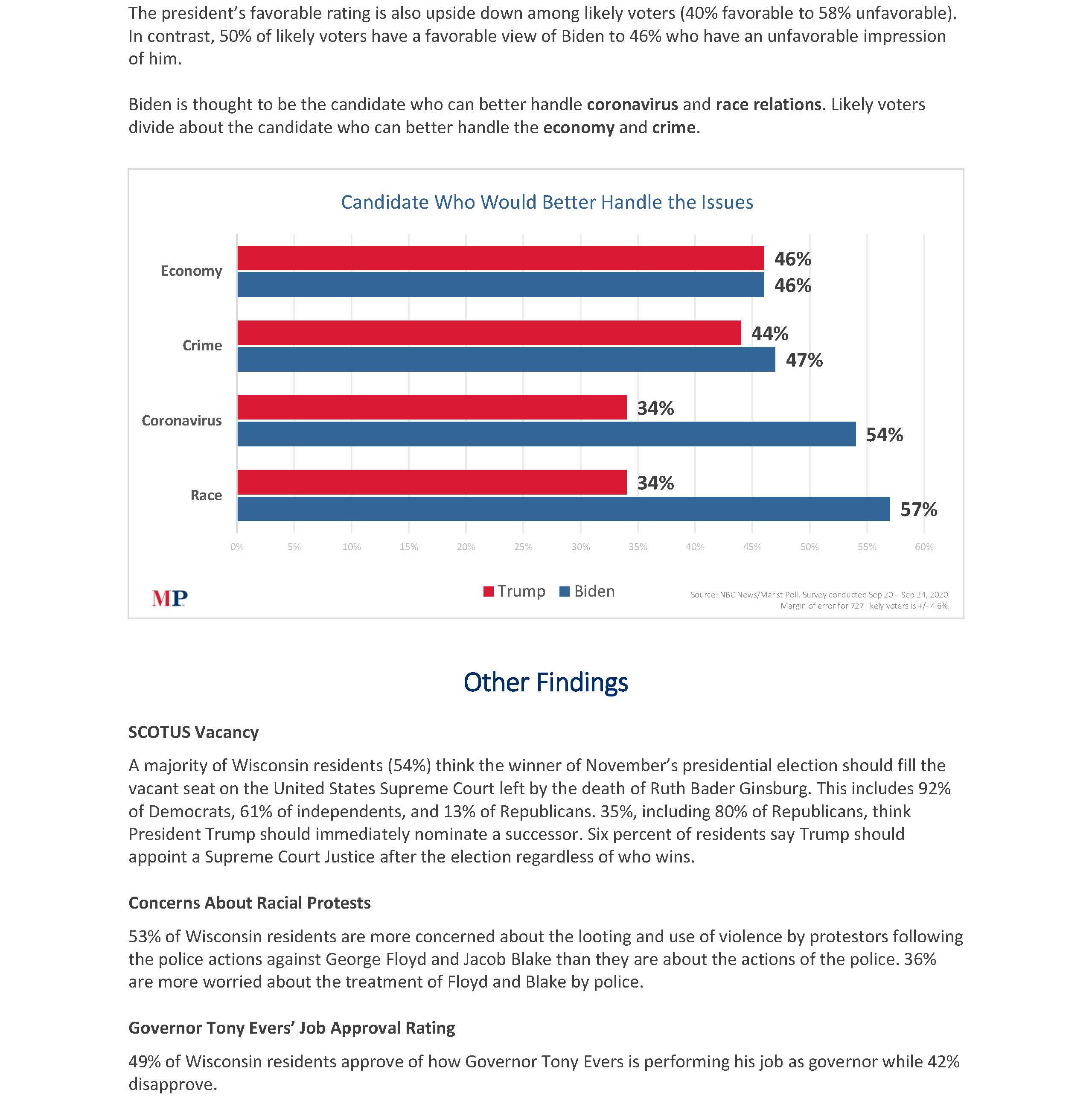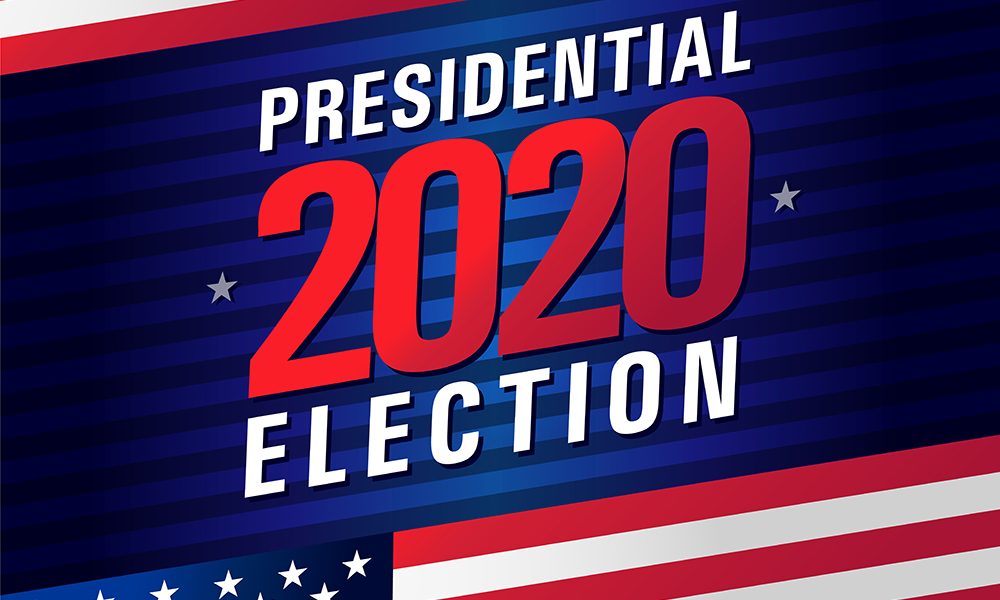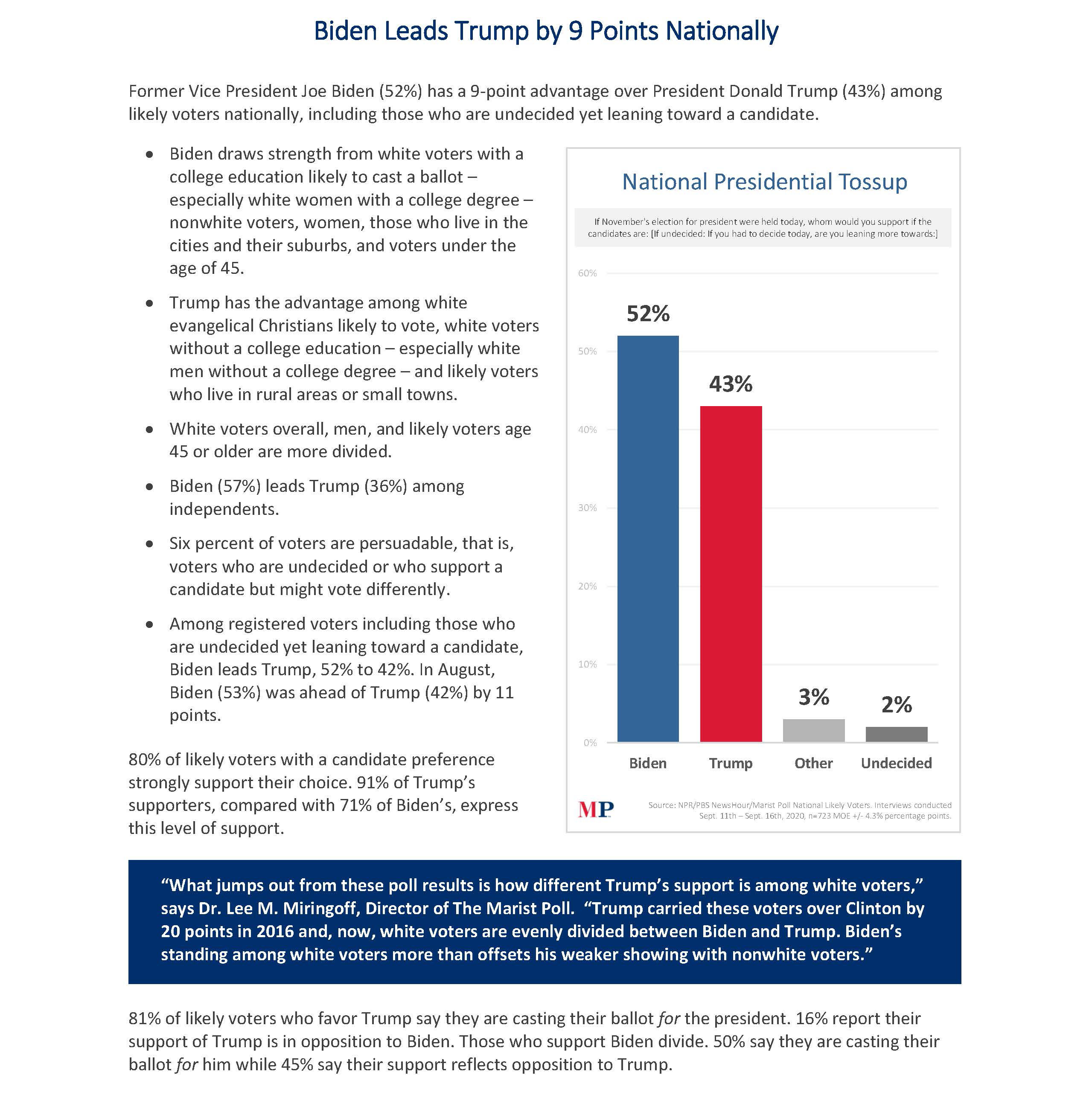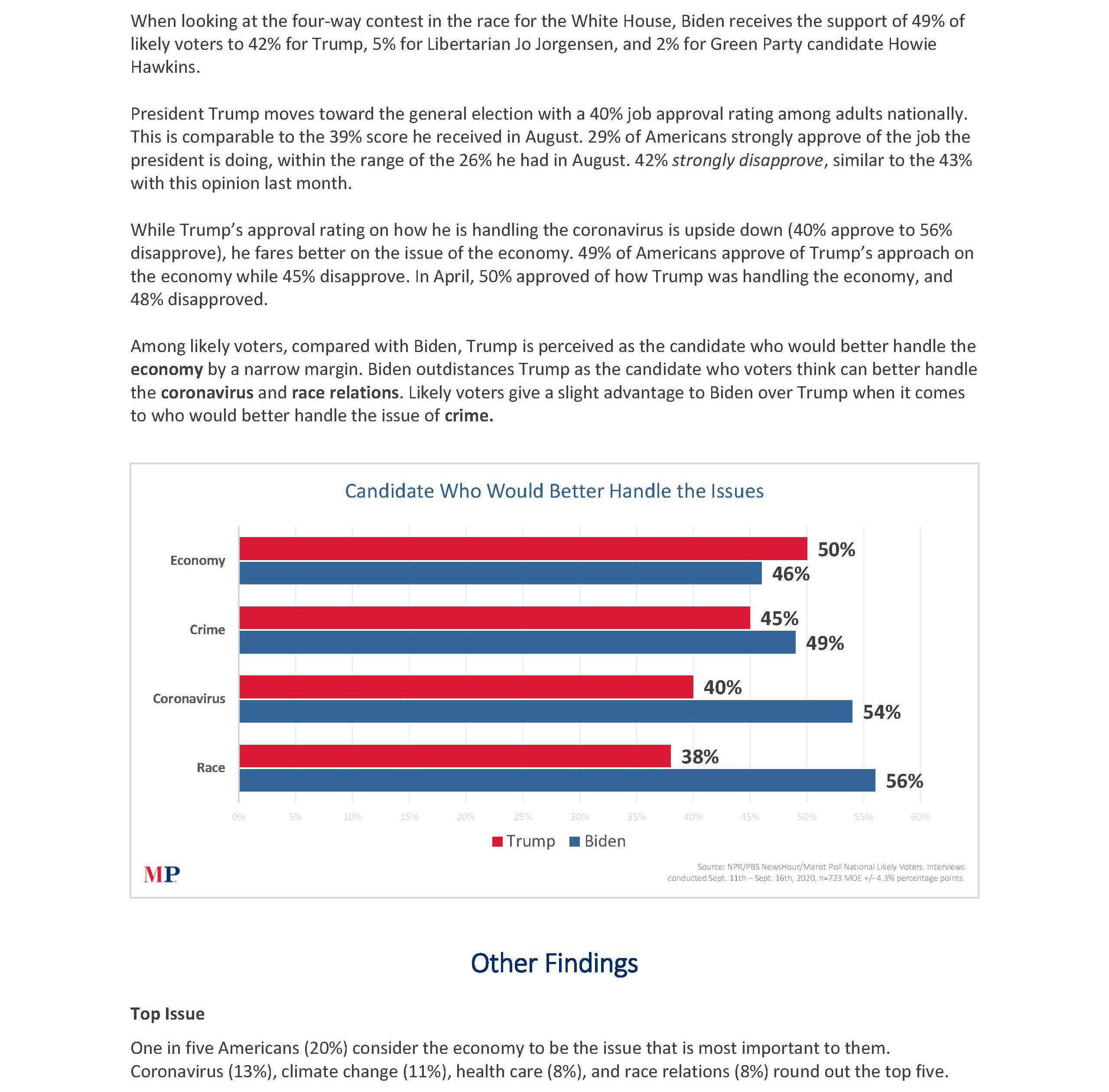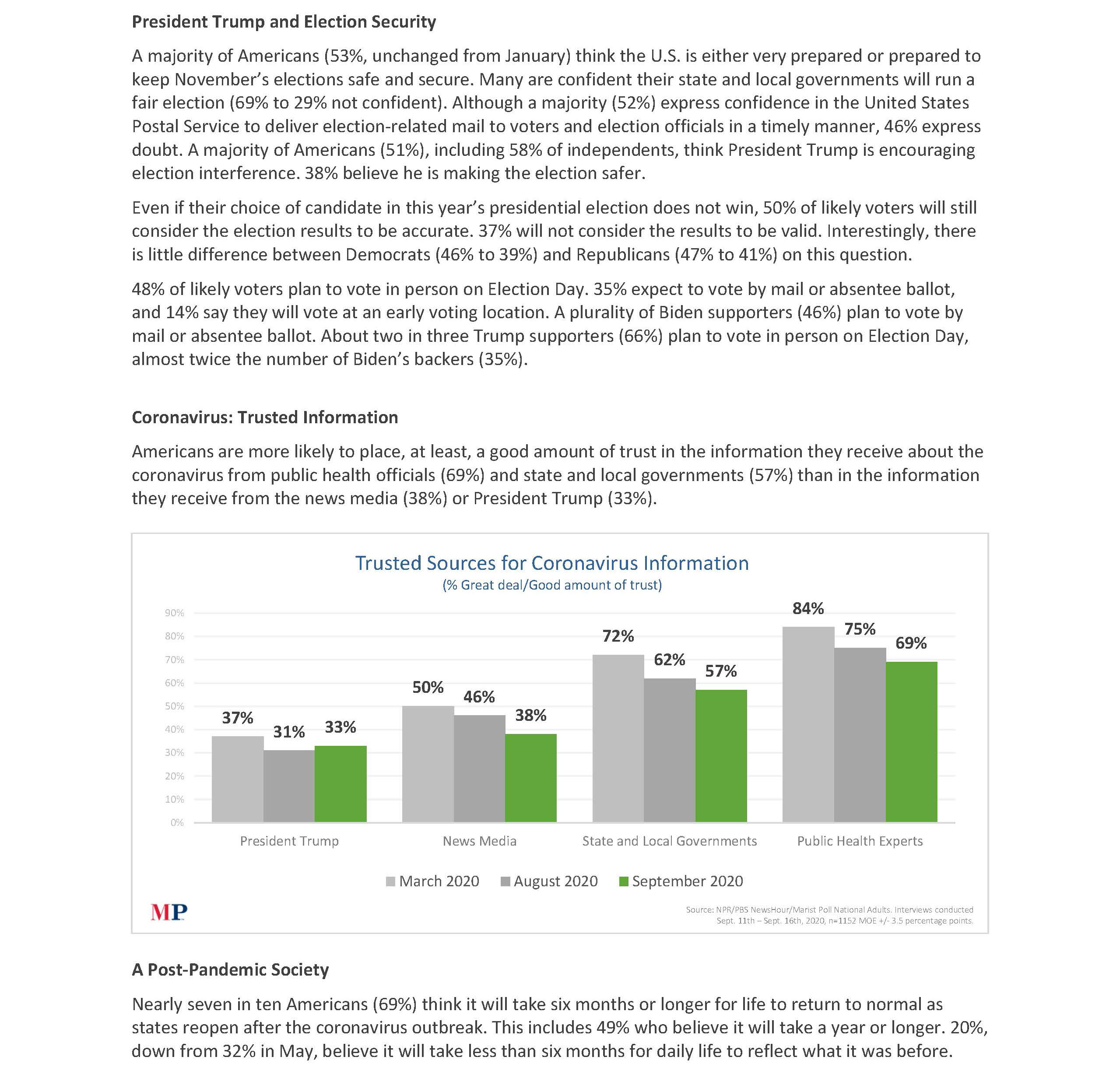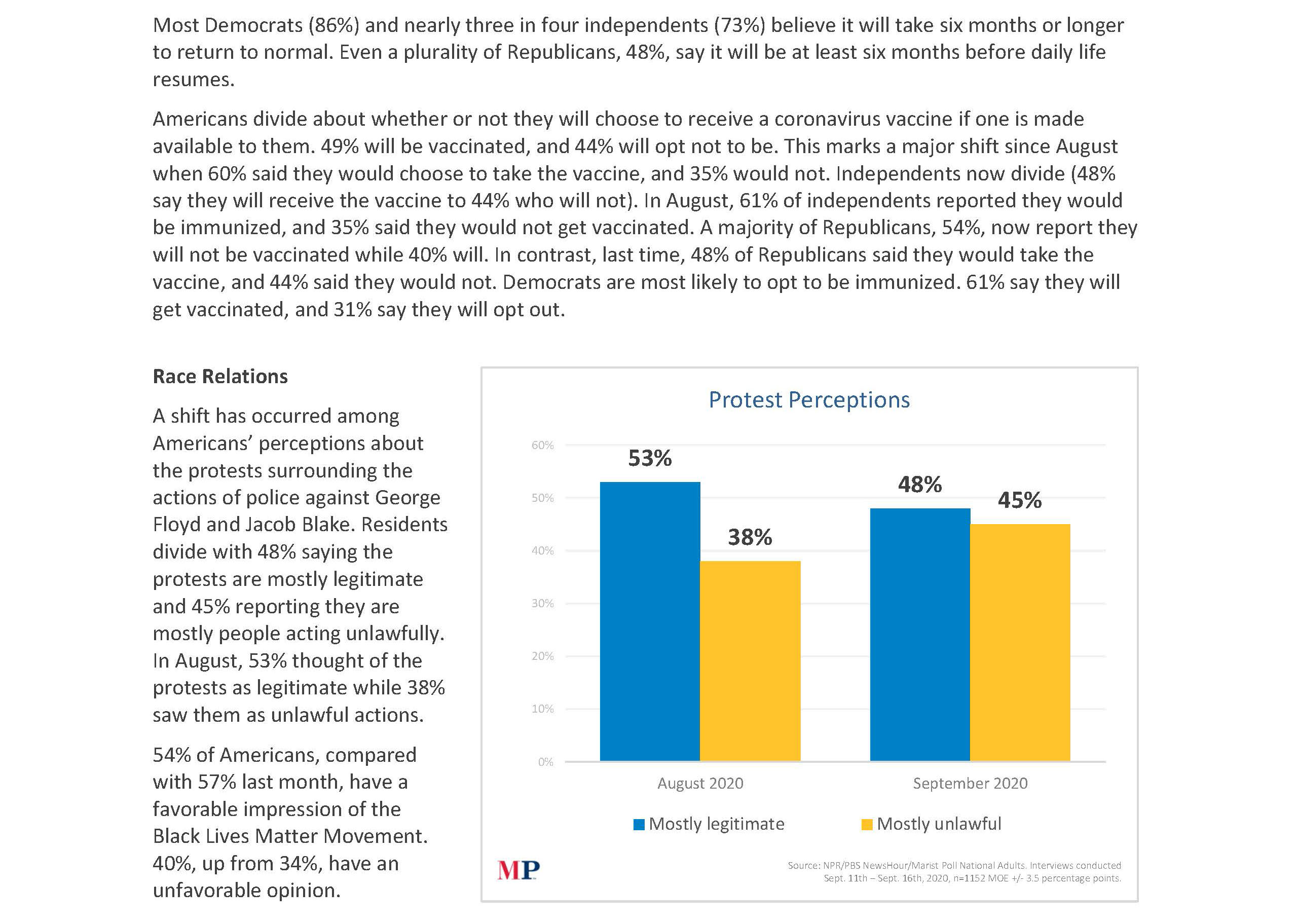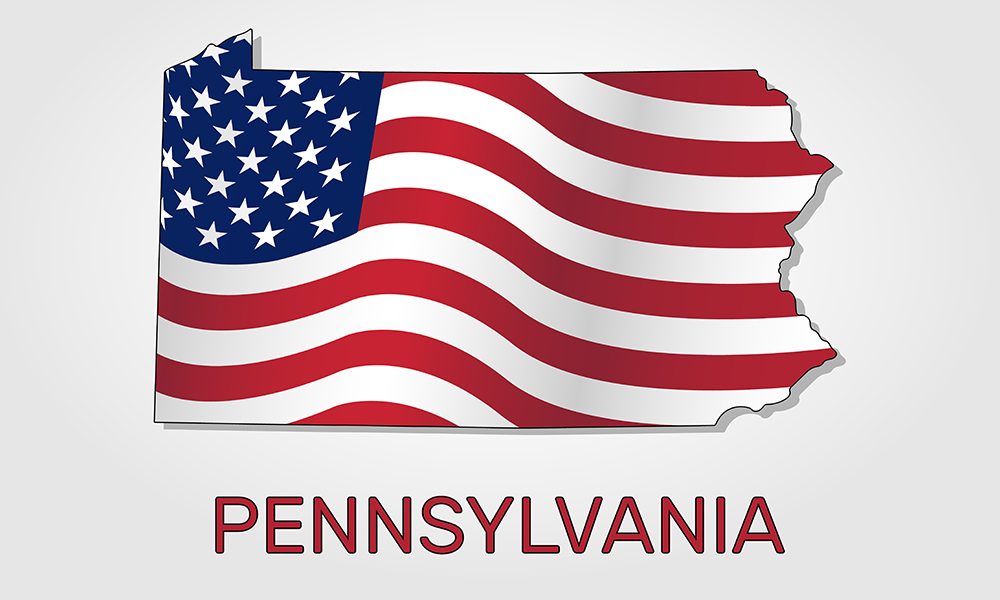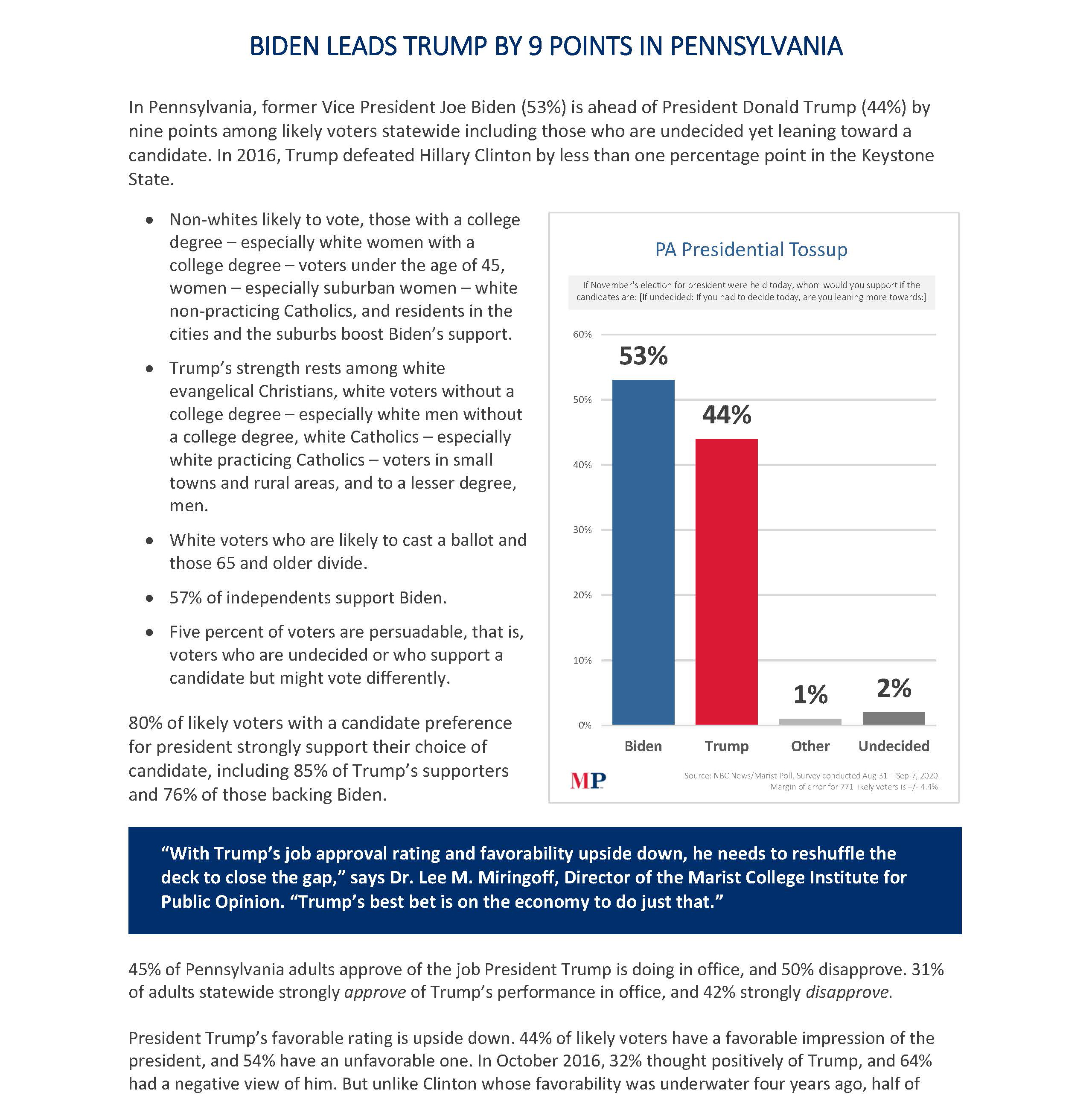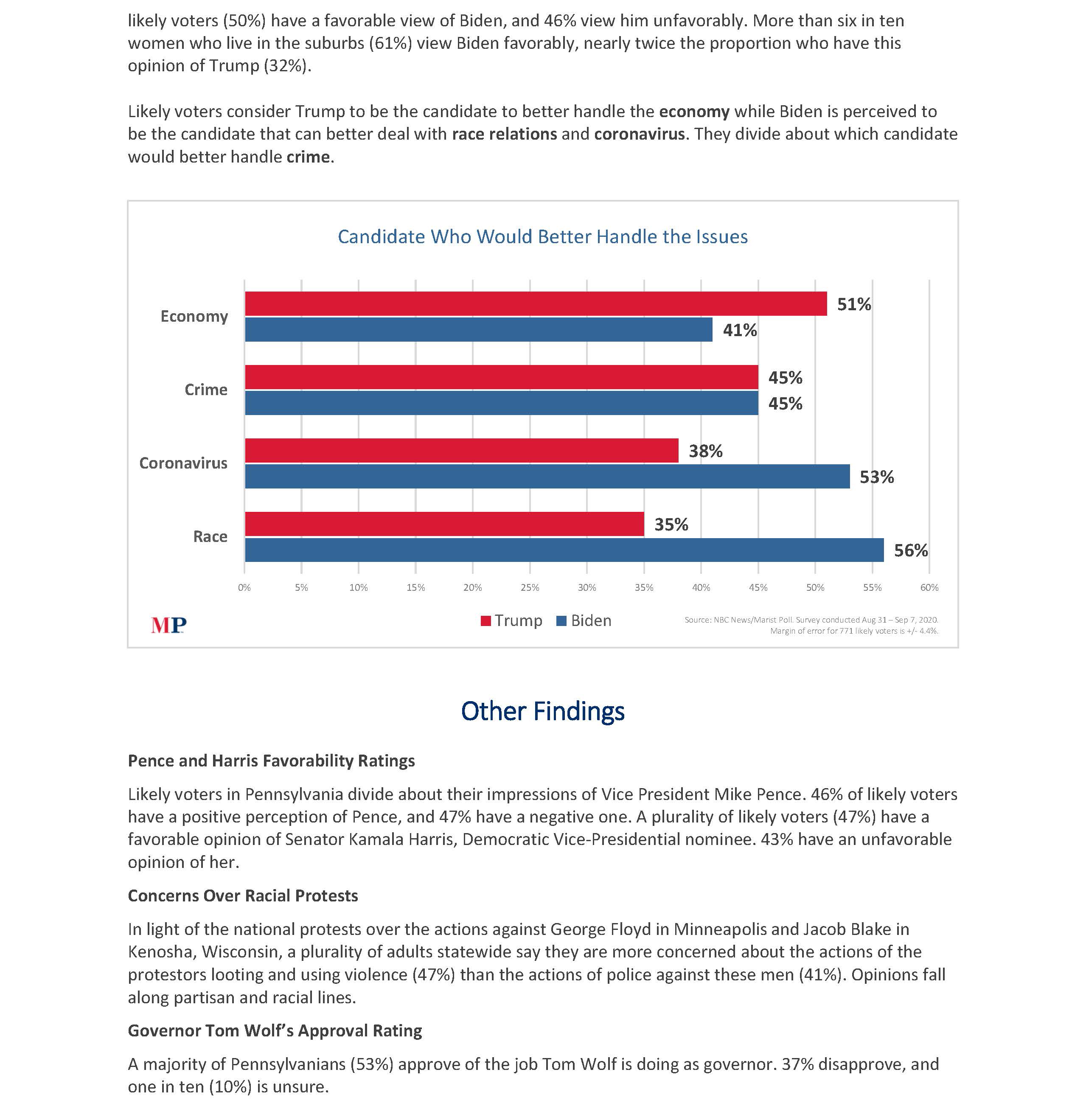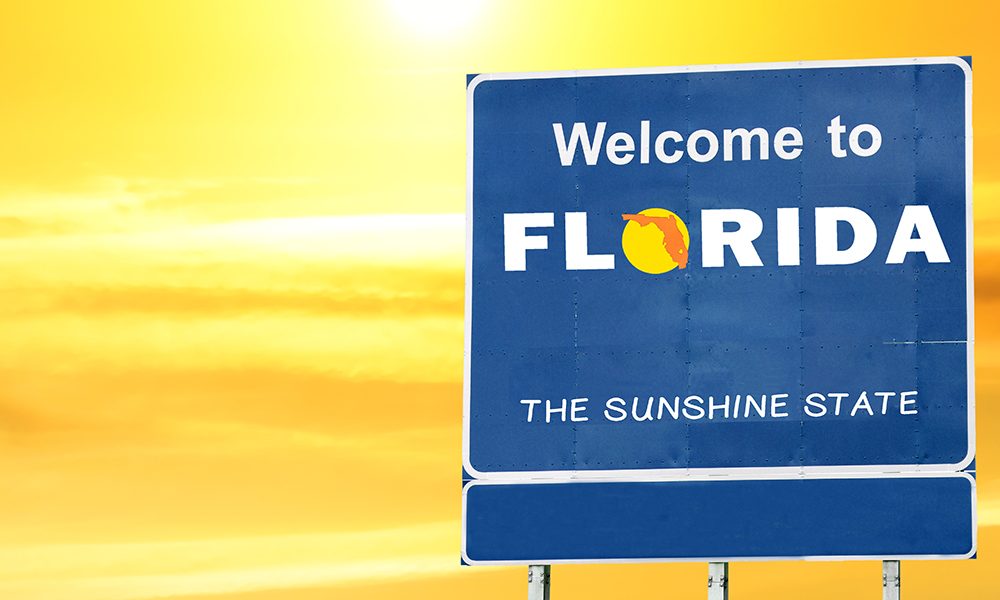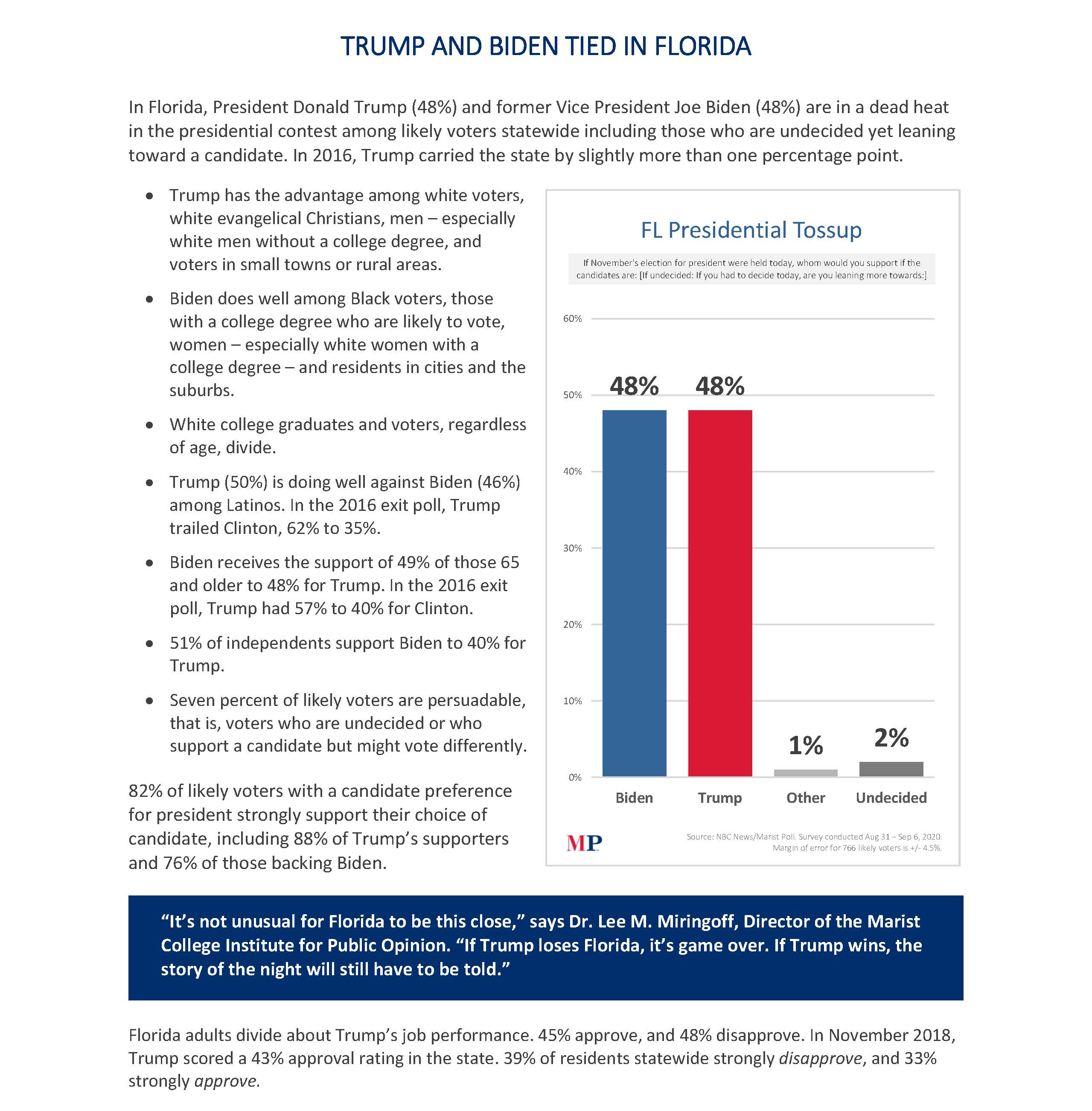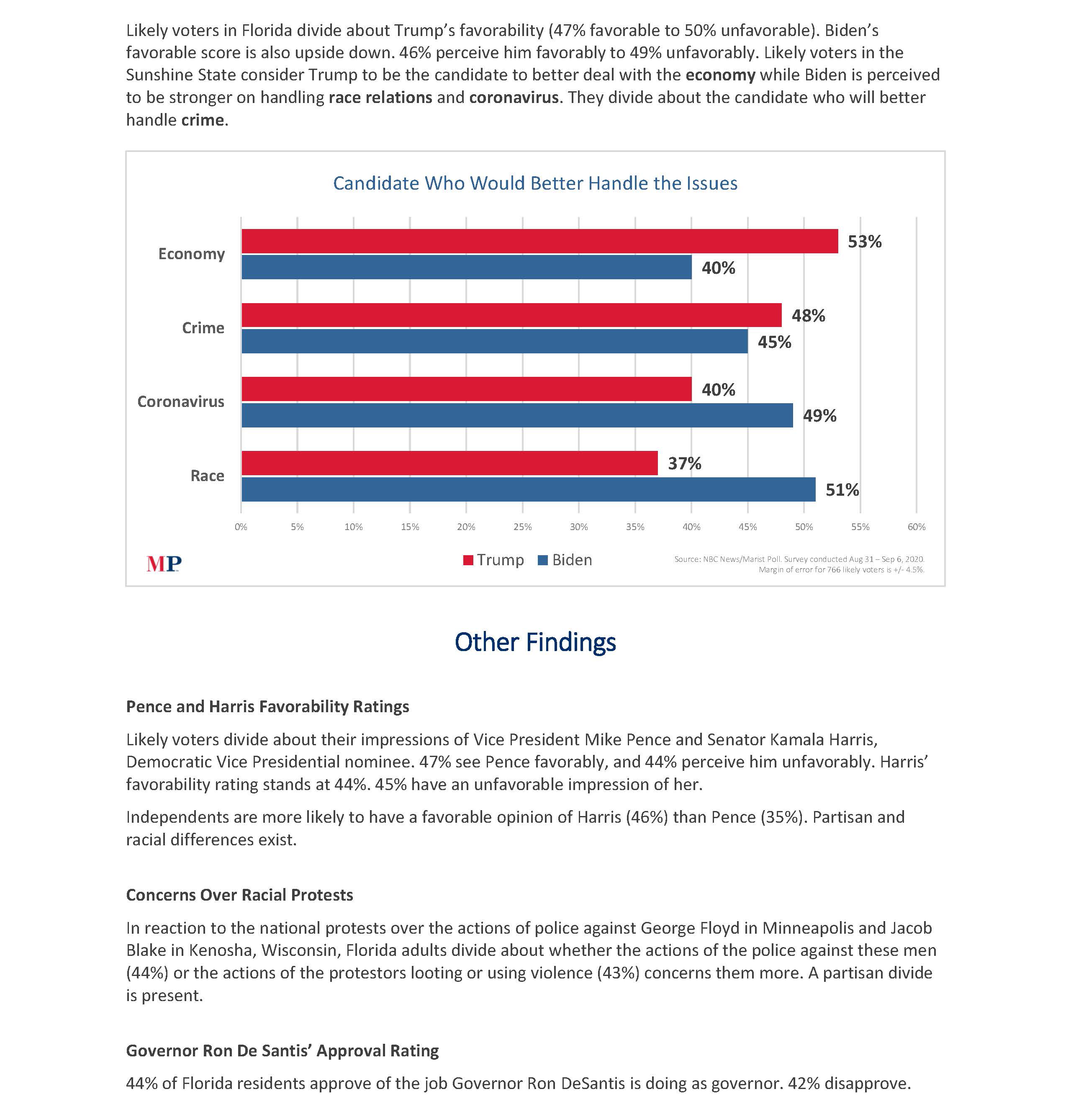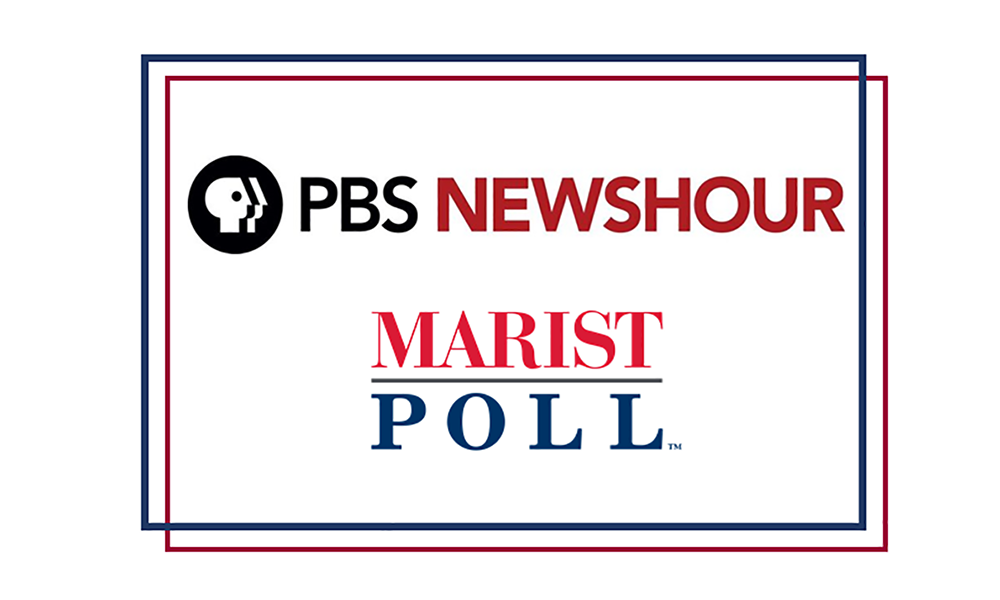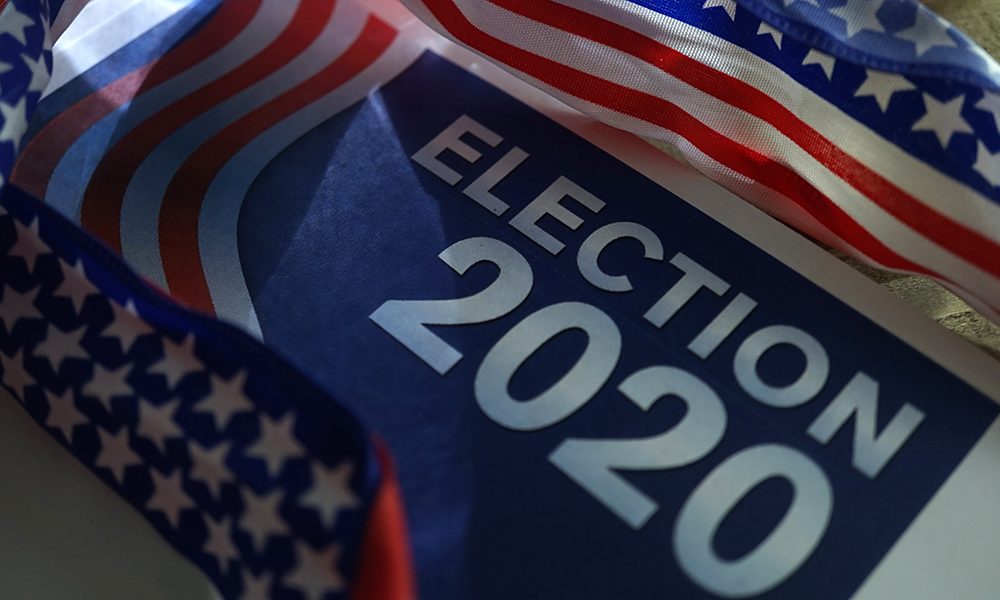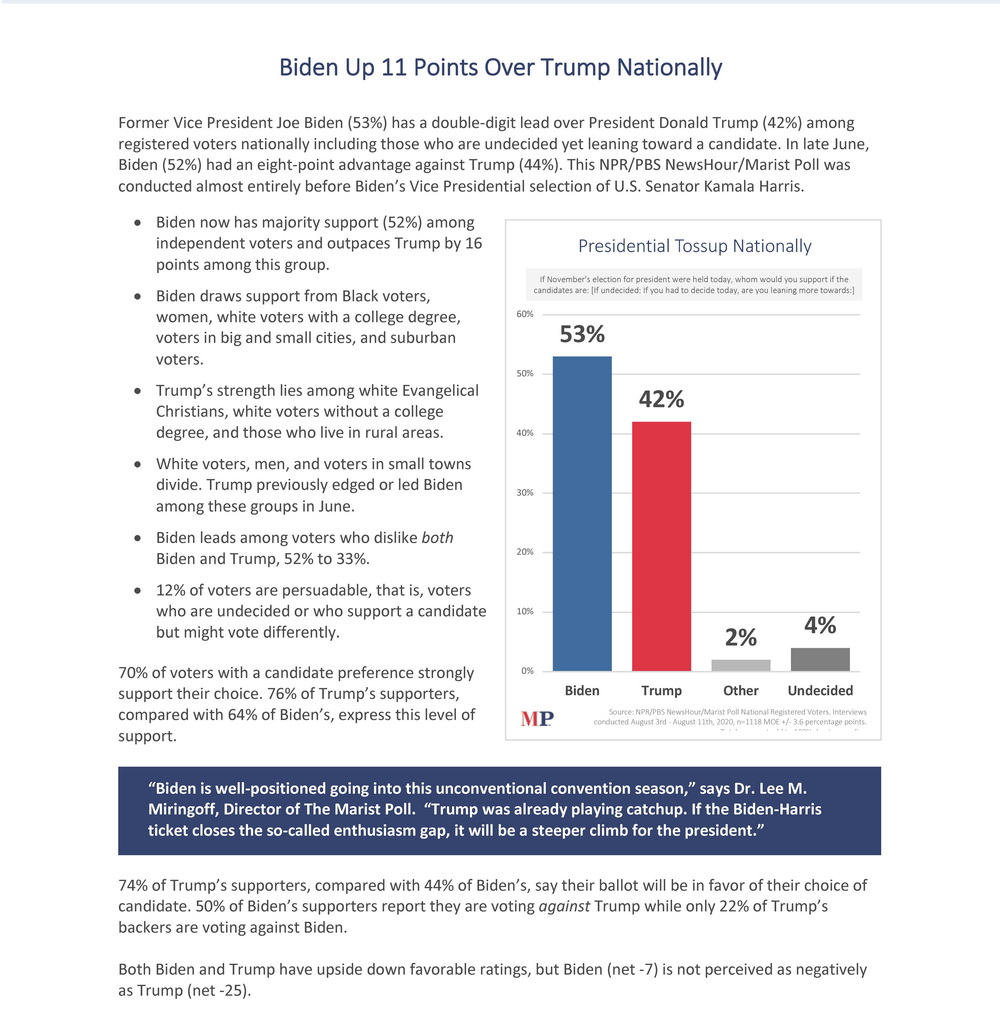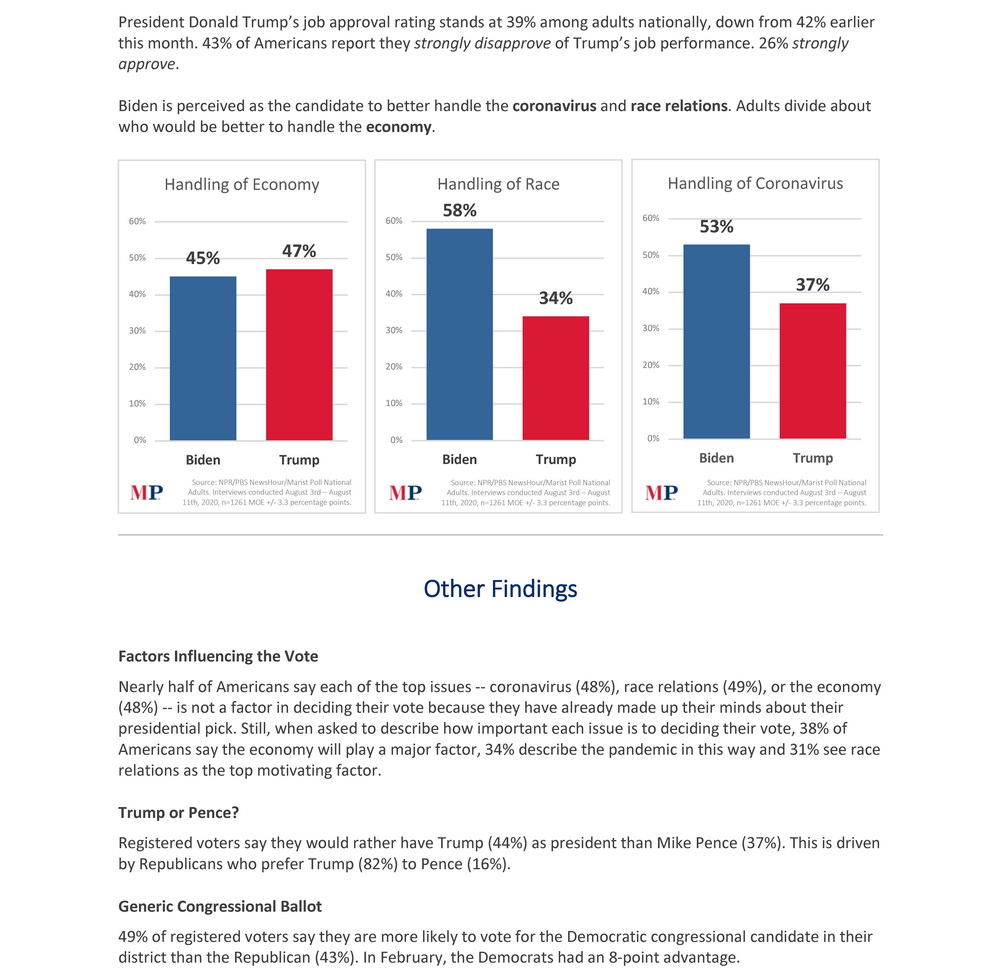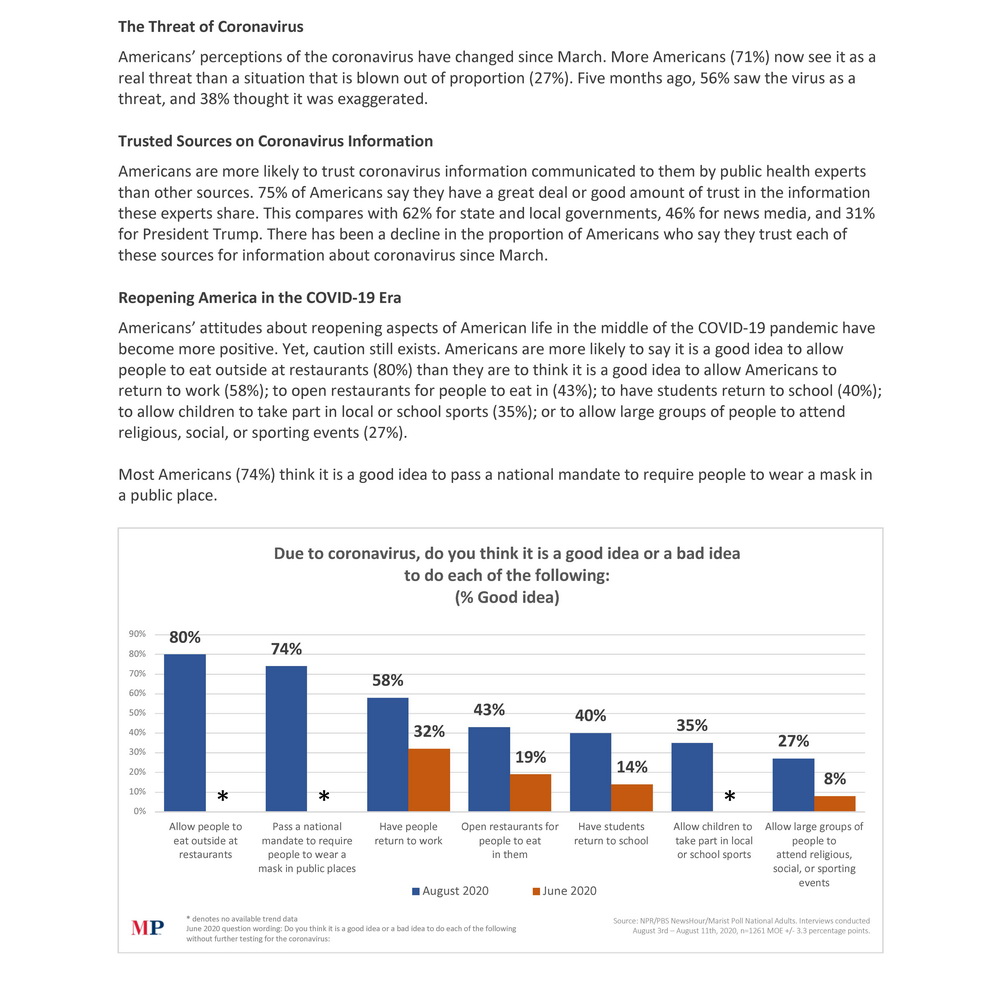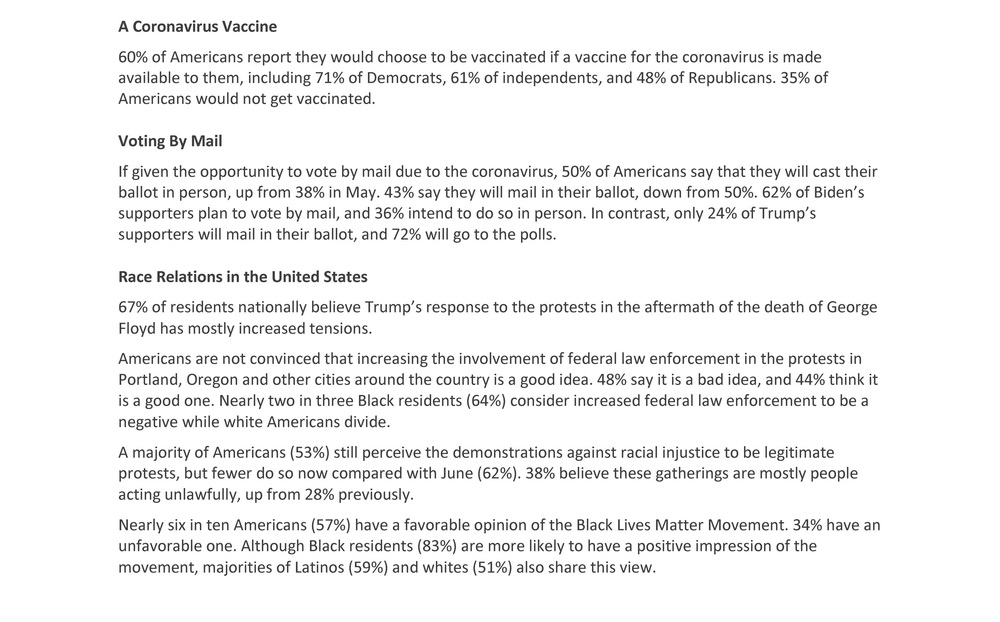As Americans face a divisive political campaign, a pandemic, and renewed calls for racial justice, the usual unifying pastime of watching broadcasts of live sporting events has been upended. A new Marist Poll in conjunction with the Center for Sports Communication at Marist College confirms sports’ viewership has not been immune from the disruption. The downward trend in national live sports broadcast ratings is punctuated by the finding that 46% of self-described sports fans say they are spending less time watching live sports broadcasts than in the past.
The survey shows sports fans are tuning into fewer broadcasts of live sporting events and are also following individual sports less fervently. However, different demographic groups ascribe different reasons for their decreased interest and viewership.
“There was an assumption that once sports returned, sports fans would leap at the opportunity to watch more,” says Jane McManus, Director of the Marist Center for Sports Communication. “But what ratings and the results of this poll are telling us, is that fans may have other concerns at the moment.”
Even the red and blue political divide impacts sports fandom. Democrats and Republicans have a different take not only about the sport they favor most, but also how they feel about the athletes’ and leagues’ vocal support of causes and current events.
When sports fans are asked to describe the viewing impact of athletes’ calls for racial justice, 70% of Republicans say they are less likely to watch live sports for this reason. Meanwhile, 61% of Democrats and a plurality of Independents (47%) say athletes speaking out has not changed their viewing habits, while about 3 in 10 (31% and 24%, respectively) say this is the reason for tuning in more often. In fact, 27% of Black sports fans say they are watching live sports broadcasts more as a result, significantly more than White fans (17%). 44% of NASCAR fans say this is the reason they are watching fewer sporting events.
This Marist Poll also surveyed sports fans about the reasons for their decline in viewership. More than one in three sports fans (35%) report concerns over the coronavirus has resulted in a decrease in their watching live sports broadcasts. 21% of fans say the availability of other entertainment options is the reason they have tuned out, and one in five fans (20%) believe coverage of the 2020 election has taken precedence over live sports broadcasts. Additionally, 19% of sports fans attribute changes in the current rules and game experience to their decreased interest in watching broadcasts of live sporting events, and the same proportion (19%) report the amount of free time they have is the cause for a decline in watching.
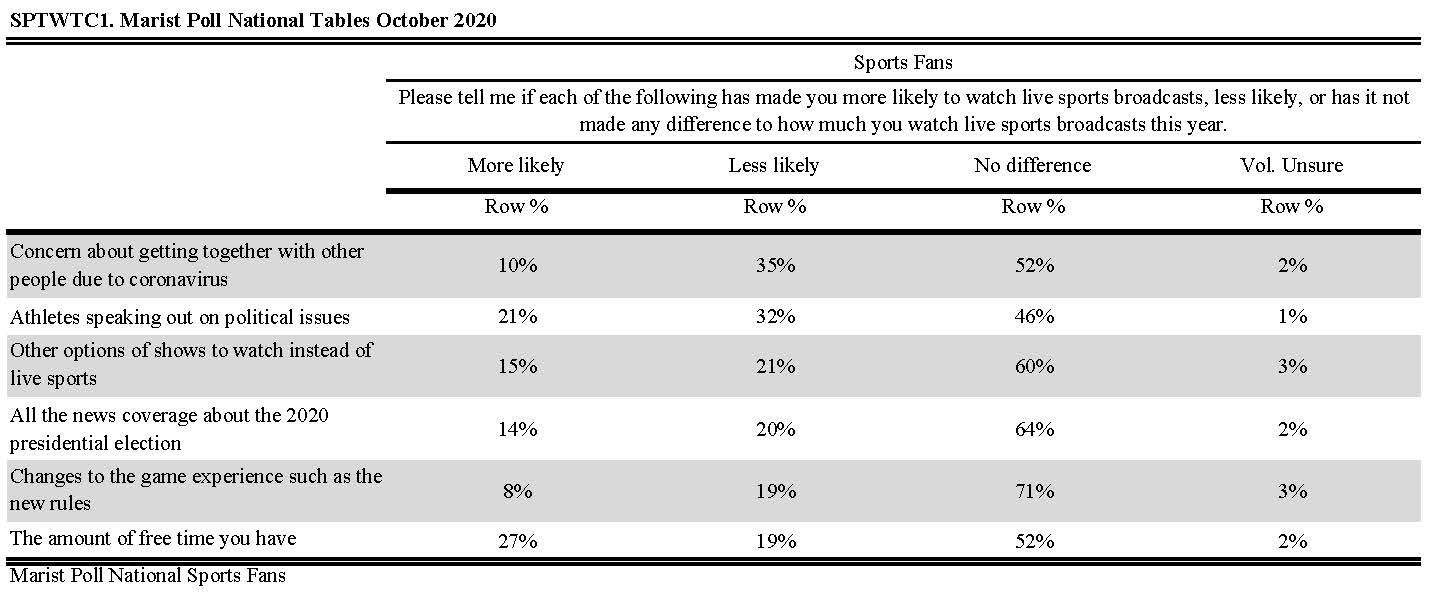
Although sports fans’ viewing habits have changed regardless of gender, men and women attribute different reasons to their decline in interest. 40% of women cite concerns about the coronavirus as a reason they are less likely to watch sports compared with 32% of men. 25% of women also note that they are less likely to watch live sports because there are other viewing options available. Additionally, 24% of women say the new rules and the overall change in the game experience particularly the ability to gather with other people has affected their viewing habits.
Republicans are significantly more likely than Democrats to cite the 2020 presidential election news cycle (22% to 14%), changes to the game experience (28% to 11%), and the amount of free time they have (23% to 15%) as reasons for watching fewer sporting events. Democrats (38%) are more likely to cite concerns about the coronavirus as their reason for watching fewer sports broadcasts than are Republicans (30%).
“Whatever the reason, far fewer people are making sports a priority during a fall in which many can’t gather together in large groups, and where bars and restaurants nationally may have reduced indoor capacity due to the coronavirus,” says Jane McManus, Director of the Marist Center for Sports Communication.
A comparison to a similar Marist Poll conducted in March 2017 shows an overall decline in Americans who consider themselves fans of specific professional sports leagues. Self-described NFL fans fell from 67% at that time to 52% currently. The proportion of baseball fans fell from 51% in March 2017 to 37% now, and basketball fans fell seven points from 44% to 37%. NASCAR experienced a six point drop, 22% to 16% in its fan base.
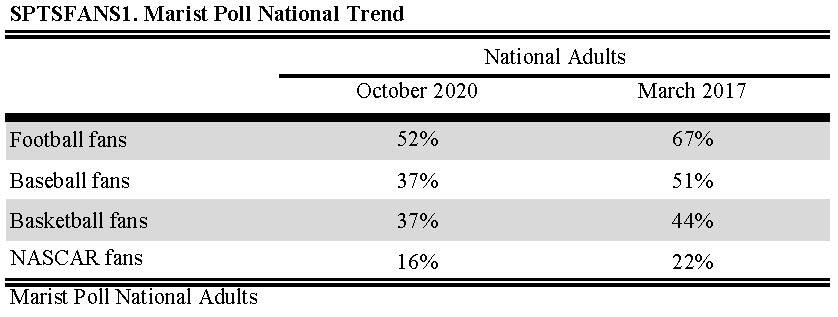
“The antipathy to social causes can’t account for a drop this large. It’s a whole combination of factors,” says Dr. Zachary Arth, Assistant Professor of Sports Communication at Marist College. “Take baseball, where Democrats (38%) and Republicans (37%) identify themselves as fans in roughly the same proportions. The sport faces a similar reduction in popularity as basketball, where the fan base is more diverse and more likely to identify as Democrats.”


